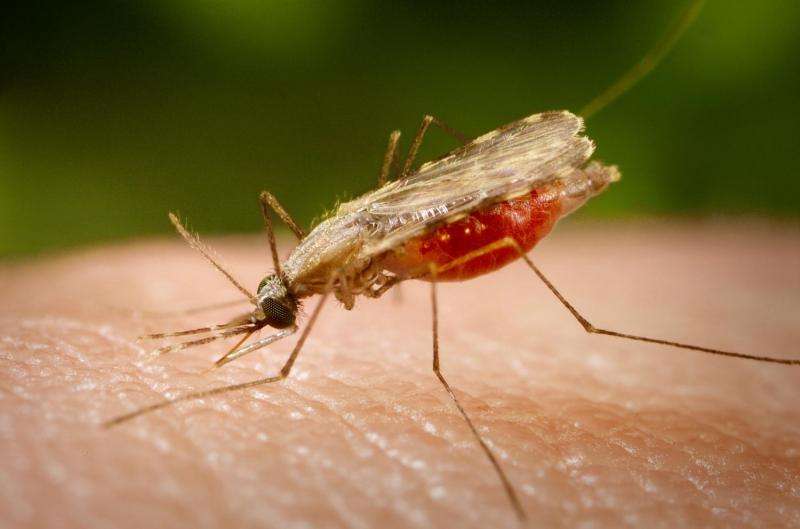Scientists unlock genetic secret that could help fight malaria

A group of scientists, including one from the University of California, Riverside, have discovered a long-hypothesized male determining gene in the mosquito species that carries malaria, laying the groundwork for the development of strategies that could help control the disease.
In many species, including mosquitoes, Y chromosomes control essential male functions, including sex determination and fertility. However, knowledge of Y chromosome genetic sequences is limited to a few organisms.
The discovery of the putative male-determining gene, which was outlined in a paper published online Monday (March 28) in the journal Proceedings of the National Academies of Sciences, provides researchers with a long-awaited foundation for studying male mosquito biology.
This is significant because male mosquitoes offer the potential to develop novel vector control strategies to combat diseases, such as malaria and the zika and dengue viruses, because males do not feed on blood or transmit diseases. (The African malaria-carrying mosquito, Anopheles gambiae, is different than the mosquito that carries zika and dengue, but similar control strategies could be used to fight both species.)
One vector control method under development involves genetic modification of the mosquito to bias the population sex ratio toward males, which do not bite, with the goal of reducing or eliminating the population. This and other control methods have received a lot of attention recently because of the spread of zika virus.
Modeling has shown that the most efficient means for genetic modification of mosquitoes is engineering a driving Y chromosome. A molecular-level understanding of the Y-chromosome of the malaria mosquito, as described in the just-published paper, is important to inform and optimize such a strategy.
The paper, "Radical remodeling of the Y chromosome in a recent radiation of malaria mosquitoes," was co-authored by 28 scientists from four countries and four universities in the United States. Omar Akbari, an assistant professor of entomology at UC Riverside and a member of the university's Institute for Integrative Genome Biology, is one of the authors.
While the genome of Anopheles gambiae was sequenced 13 years ago, the Y chromosome portion of it was never successfully assembled.
The researchers who published the paper in the Proceedings of the National Academies of Sciences used multiple genome sequencing techniques, including single-molecule sequencing and Illumina-based sex-specific transcriptional profiling, as well as whole-genome sequencing, to identify an extensive dataset of Y chromosome sequences and explore their organization and evolution in Anopheles gambiae complex, a group of at least seven morphologically indistinguishable species of mosquitoes in the genus Anopheles which contain some of the most important vectors of human malaria.
They found only one gene, known as YG2, which is exclusive to the Y chromosome across the species complex, and thus is a possible male-determining gene.
More information: Radical remodeling of the Y chromosome in a recent radiation of malaria mosquitoes, Proceedings of the National Academy of Sciences, www.pnas.org/cgi/doi/10.1073/pnas.1525164113


















